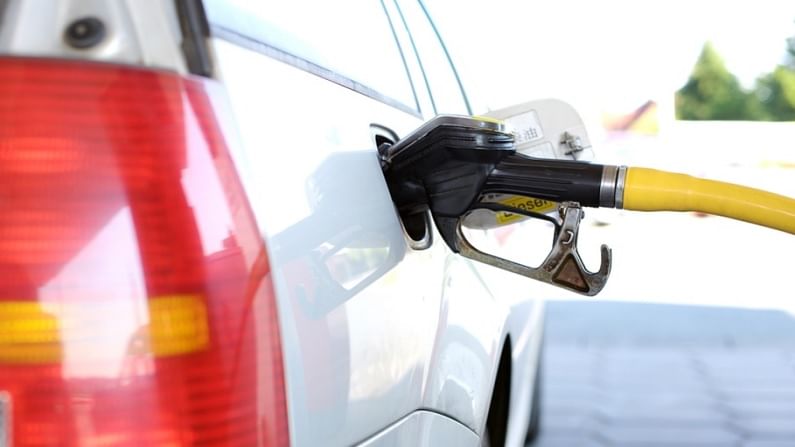Poll-bound states may lead with fuel tax cuts
Any long-term recalibration of the price Indian fuel consumers pay is unlikely given the dependence of state revenues on this form of taxation

The Union Finance Ministry has no plans to intervene in the levy of taxes on petroleum products at this stage, even as it remains conscious of the growing tide of public criticism as prices of petrol and diesel touch record highs.
Top finance ministry officials are of the view that there is no scope to lower excise and other taxes that are levied on the import and production of petrol and diesel at this stage. The Centre’s fiscal position has been strained on account of the Covid-19 induced loss of revenue in the current financial year that ends in six weeks from now.
However, the possibility of a political intervention at the level of states, particularly those that are poll-bound cannot be ruled out. Elections are set to be held in four states including Assam, Kerala, West Bengal and Tamil Nadu and the union territory of Puducherry in the month of April.
Poll-bound Assam, where the ruling Bharatiya Janata Party hopes to make a comeback, has already set the ball rolling in this regard. Like many other states, Assam too had hiked taxes on the sale of fuel and alcohol during the peak of the Covid-19 pandemic. Earlier on February 12, the Assam government rolled back the additional cess on petrol, diesel and alcohol. As a result, petrol and diesel became cheaper by Rs 5 per litre.
That leaves the Trinamool-ruled West Bengal, where the BJP has mounted a big challenge to the Mamata Banerjee government, and the AIADMK-governed Tamil Nadu. The fiscal position of both states, like the others across India, has been hit due to the Covid-19 pandemic. It remains to be seen whether politics forces the hand of both state governments to provide some relief by lowering either the value added tax (VAT) or the cess imposed on sales.
The fuel economy is a very significant contributor to central and state revenues. Noted economic commentator R Jagannathan recently pointed out that the Centre and state governments have garnered a massive Rs 31.83 lakh crore from various oil taxes and royalties between 2014-15 to September 2020. There were also significant under-recoveries on kerosene and LPG sales in FY19 and FY20.
Thus, to expect a significant downward revision of this revenue stream is clearly a pipe-dream at this stage of the normalisation of the Indian economy.
Even whatever little relief some states may choose to offer could stand negated by rising global crude oil prices. After falling to unprecedented levels, major global crude oil benchmark prices have risen sharply as economies recover and oil producing nations cut back on output to make up for lost revenues.
A comparison of the rebound in prices is revealing. Do remember, India imports over 85% of its annual crude oil requirements. While Brent and WTI are the two key crude oil price benchmarks, there is a separate ‘Indian Basket’ that is the benchmark price paid by Indian importers.
On April 20, 2020, WTI crude prices dipped into negative territory in what was an unbelievable and unprecedented development. At (-)37.63 dollars to the barrel, the WTI compared with $19.33/bbl of Brent crude on the same day. However, the Indian basket of crude remained at $ 20.42/bbl the same day. The Indian basket of crude oil represents a derived basket comprising of sour grade (Oman & Dubai average) and sweet grade (Brent dated) of crude oil.
Nearly a year later, the Indian basket is at $62.64/bbl, in range with the other two benchmarks. With global production cuts likely to remain in place and demand expected to grow, the Indian basket price will remain elevated and thus not provide any scope for a reduction on the import bill.
Any long-term recalibration of the price Indian fuel consumers pay is unlikely given the dependence of state revenues on this form of taxation. The cascading effect of union and state taxes on fuel prices can dealt with by bringing these goods under the GST. However, no headway has been made in this regard since 2017 and the possibilities remains bleak at this stage.
(The writer is a senior journalist)